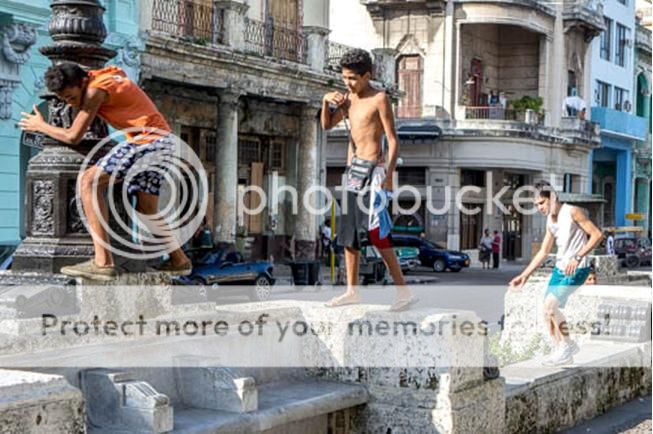On the Eve of April 14th, Jews all over the world are going to celebrate Passover. It is one of the most popular of Jewish holidays, which essentially commemorates freedom. Year after year, families and friends gather together around the festive table and read the Haggadah —the story of the exodus of the Israelite slaves from ancient Egypt, which supposedly took place over 3,400 years ago and is mentioned a number of times in the Bible:
Jesus said: “I have eagerly desired to eat this Passover with you before I suffer” (Luke 22:15).
The Torah describes those events in great details. At that time, Egypt was the largest country in the world. 210 years earlier, 70 Brei Israel—the children of Israel, whose name was given by an angel to the Israelite nomad called Jacob–who had twelve sons, and came to Egypt to avoid starvation after one of his sons Joseph was about to save Egypt from the devastating seven year drought.
In Egypt, Brei Israel grew and multiplied. After Joseph’s death and the arrival of a new Pharaoh, the Israelites were forced into slavery and backbreaking labor to build the pyramids in Egypt. Years later, an Israelite by the name of Moses, who was saved by the Pharaoh’s daughter and had to run away from Egypt after killing a slave master, is called back by God at the age of 80 for a mission to take the Israelite slaves out.
To make the task even more challenging, God hardened Pharaoh’s heart. It took ten plagues sent by God to the Egyptians, until Pharaoh granted permission for the Israelites to leave Egypt. But at what price? The tenth plague was the death of the firstborn child. Multitudes of Egyptian children had to die in order for the Israelites to earn their freedom. The death of Egyptians did not end there. After realizing that his free labor had finished, the Pharaoh decided to capture and return the Israelites back to Egypt. The elite Egyptian army drowned while attempting to cross the Red Sea, that God parted for Moses and the Israelites.
During the Passover dinner, which is called a Seder, which translates to “order”, because it follows a prescribed process; the Jews traditionally drink four cups of wine for each section of the Seder. Before drinking the second cup, it is traditional to remove ten drops from the glass with one’s finger, as a reminder that even though the Israelite slaves were saved, God’s other children drowned, and therefore the cup and the joy cannot be full.
Mitzrayim, the Hebrew name for Egypt, means a narrow place. The path to liberty from any kind of oppression involves sacrifice, death of the old, and the destruction of familiar conditions.
Even though Passover is a Jewish holiday, it symbolizes the road to freedom for everyone: the freedom to choose the life we were born to live. The Pharaohs did not disappear—they evolved, changed their clothing, and their message. They appear as difference diseases, often as protectors (like CFPB), or liberators (like the Russian Army in Crimea).
P.S.
In today’s world, one of the narrow places is Cuba which the U.S. is trying to widen, by using Twitter.
Everywhere in the world, young people are becoming the driving force for liberty, they are also on the forefront in Cuba, as you can see in some of the images I took in my book Soy Cubano, I am Cuban. It is available as an e-book for $9.99 on BLURB or you may also purchase a hardcopy here. (The links are also on my website.)
DO NOT KEEP ME AS A SECRET.
SMILE AND PLEASE SHARE IT WITH A FRIEND



